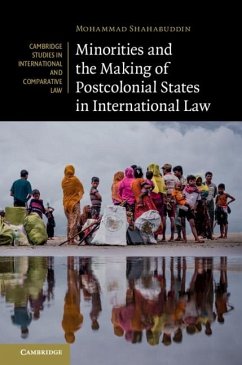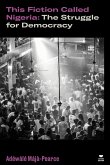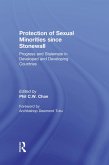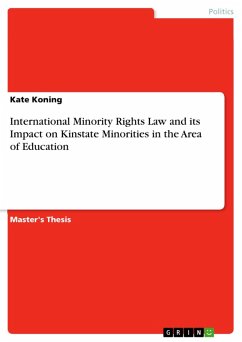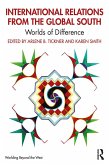The ideological function of the postcolonial 'national', 'liberal', and 'developmental' state inflicts various forms of marginalisation on minorities, but simultaneously justifies oppression in the name of national unity, equality and non-discrimination, and economic development. International law plays a central role in the ideological making of the postcolonial state in relation to postcolonial boundaries, the liberal-individualist architecture of rights, and the neoliberal economic vision of development. In this process, international law subjugates minority interests and in turn aggravates the problem of ethno-nationalism. Analysing the geneses of ethno-nationalism in postcolonial states, Mohammad Shahabuddin substantiates these arguments with in-depth case studies on the Rohingya and the hill people of the Chittagong Hill Tracts, against the historical backdrop of the minority question in Indian nationalist and constitutional discourse. Shahabuddin also proposes alternative international law frameworks for minorities.
Dieser Download kann aus rechtlichen Gründen nur mit Rechnungsadresse in A, B, BG, CY, CZ, D, DK, EW, E, FIN, F, GR, HR, H, IRL, I, LT, L, LR, M, NL, PL, P, R, S, SLO, SK ausgeliefert werden.

